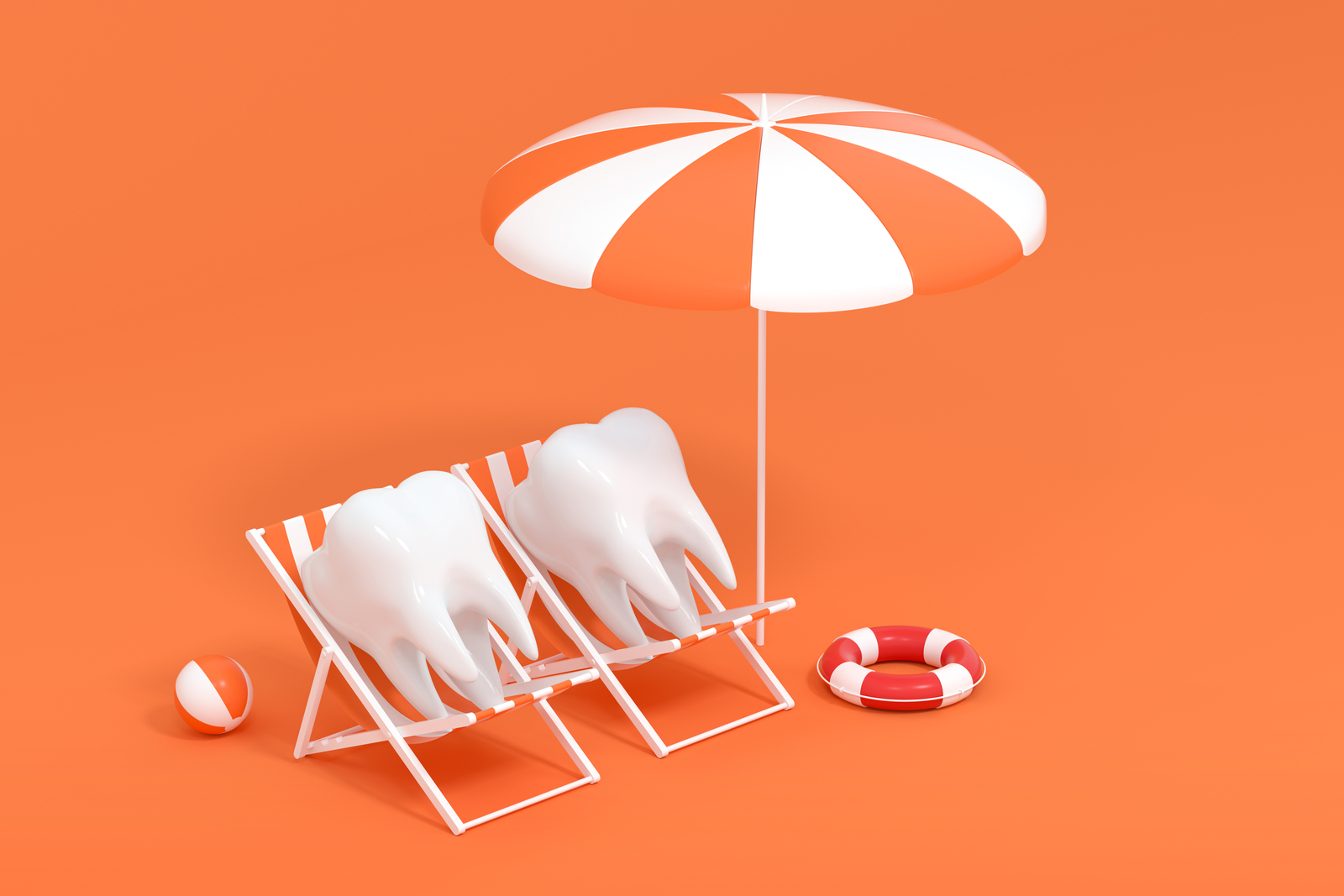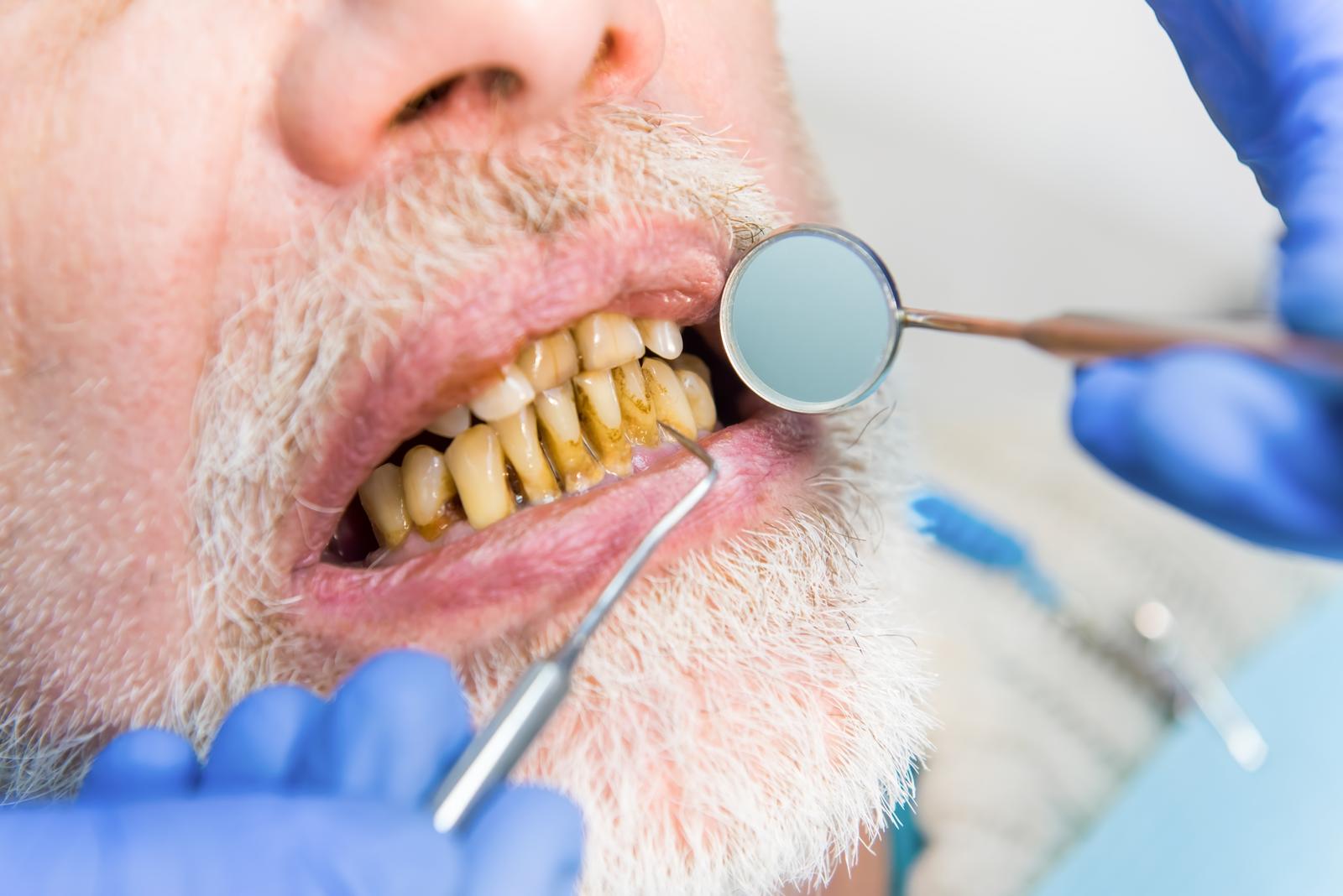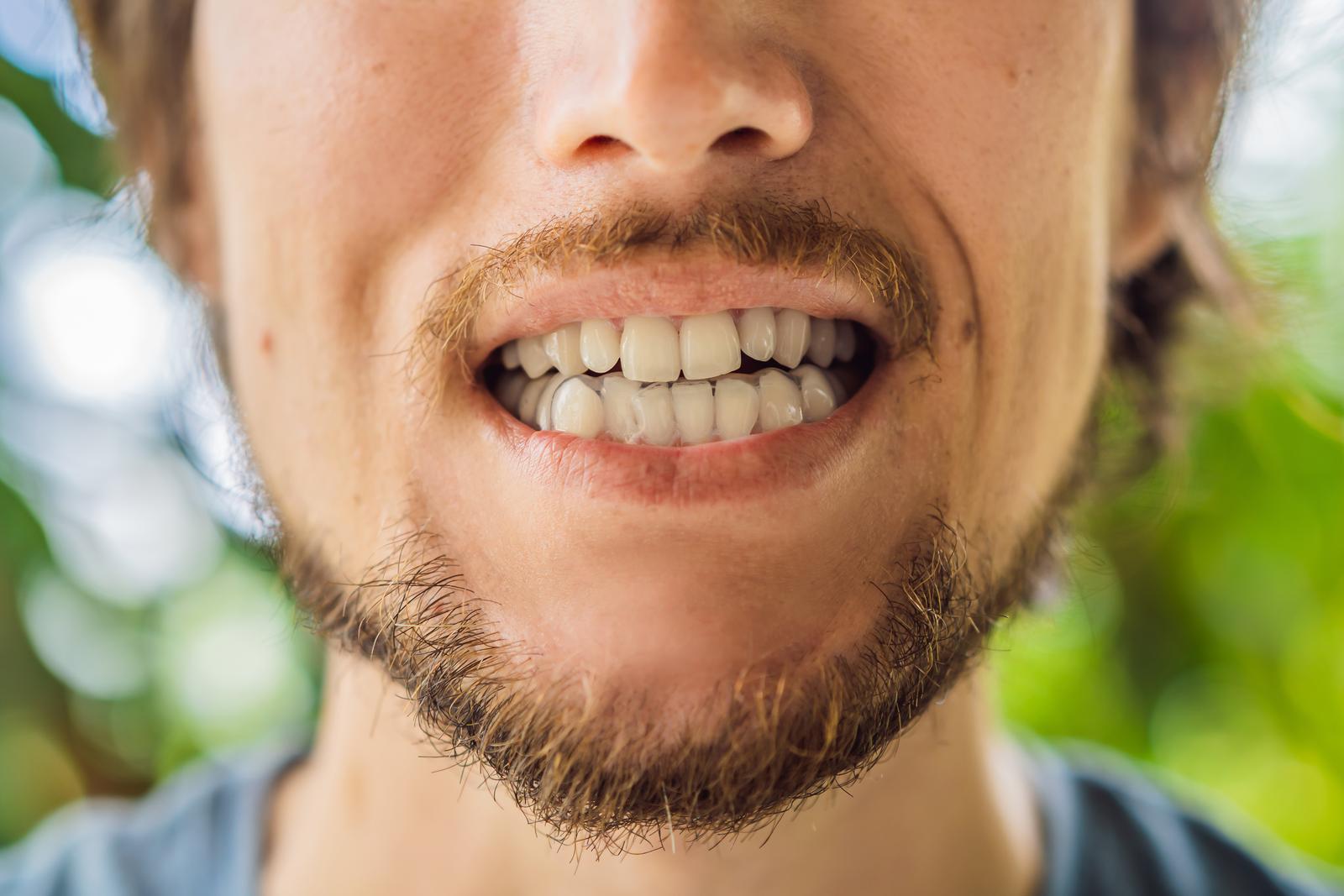Uh-oh, it’s every person’s worst nightmare – a dental emergency. Even the best care can’t always prevent sudden pain, swelling, or a broken tooth. But fear not! With some quick thinking and preparedness, you can handle any dental emergency that comes your way.
So what exactly qualifies as a dental emergency? It could mean many things, from a lost filling to a knocked-out tooth. Knowing how to respond can make a big difference in the outcome, whether it’s easing pain or saving a tooth. Keep reading to learn how to identify a dental emergency and what steps you can take to handle it like a pro.
The Most Common Dental Emergencies and How to Handle Them
When it comes to dental emergencies, there are several types of situations that typically require immediate attention. Knowing how to recognize and handle them can help alleviate the pain, discomfort, and potential damage. Here are some of the most common dental emergencies and how to handle them:
Toothache: What to Do in Pain
A severe toothache can be debilitating and distracting. It can be caused by many factors such as injury, infection, tooth decay, or even something as simple as a trapped food particle. If you or someone you know is experiencing a toothache, here are some things you can do:
- Firstly, rinse your mouth with warm water to clean the area around the tooth and dislodge any food particles that might be stuck.
- Gently floss around the affected tooth to remove any debris between the teeth.
- If the pain still persists, apply a cold compress on the affected area of the cheek or outside of the mouth to alleviate the swelling.
- Take an over-the-counter pain medication like ibuprofen or acetaminophen to help lessen the pain temporarily.
- Don’t take aspirin directly against the affected tooth as aspirin is an anticoagulant and can lead to more bleeding, especially if the toothache was caused due to an injury.
- If the pain persists, you should schedule an appointment with your dentist immediately to avoid any worsening of your condition.
Ignoring a toothache can lead to more complicated and expensive dental treatments in the future, so it’s crucial to treat the pain with the remedies mentioned above or seek help from your dentist as soon as possible.
Cracked Tooth: When to Seek Help and What to Expect
Accidents happen, and you may experience a cracked tooth at some point in your life. The severity of the injury can range from a small surface crack to a more serious break that extends deep into the root. If you have a minor crack, you can wait a day or two before seeking professional help. In the meantime, avoid putting pressure on the tooth and take over-the-counter pain medication as needed. However, if you have a significant crack that causes pain, sensitivity, or bleeding, seek help from a dental professional as soon as possible.
When you visit a dentist for a cracked tooth, they will examine the area and may take an x-ray to determine the extent of the damage. Minor cracks may be treated with dental bonding or a crown, while more severe cracks may require a root canal or even tooth extraction. It’s important to listen to the advice of the dental professional and follow their instructions for care to ensure the best possible outcome.
Lost Tooth: How to Save It When It Counts
If a tooth gets knocked out, it may be possible to save it if you act quickly. First, locate the tooth and handle it by the crown, not the root. Rinse the tooth with water, but do not scrub it or remove any tissue fragments. If possible, gently place the tooth back into the socket and bite down on a clean cloth to hold it in place. If you can’t reinsert the tooth, place it in a container of milk or saliva to keep it moist and bring it with you to a dental professional within the hour.
If you seek professional help in time, the dentist may be able to reinsert the tooth and splint it to hold it in place while it heals. However, if the tooth has been out of the mouth for too long, it may not be possible to save it. In this case, the dental professional may recommend a dental implant or other restoration options to replace the missing tooth.
In any case, it’s important to stay calm and act quickly when a tooth gets knocked out. The faster you can get to a dental professional, the better your chances are of saving the tooth.
Bleeding Gums: What It Could Mean
Bleeding gums might seem like a minor inconvenience, but it could be a symptom of a more severe issue. Gum bleeding can be a result of gum disease, trauma, or even brushing too hard. Maintaining proper oral hygiene, such as flossing and brushing regularly, can help prevent gum disease. However, it is wise to consult a dental expert if your bleeding gums persist despite these measures.
Your Gum Care
The key to taking care of your gums is to practice good oral hygiene and making routine visits to the dental expert. The American Dental Association recommends using a soft-bristled brush and a fluoride toothpaste to brush your teeth twice daily. Flossing regularly can also get rid of food particles and bacteria that may harm your gums.
If you suspect gum disease, schedule an appointment with your dental expert immediately. Early detection and intervention can prevent the condition from worsening.
Jaw Injury: How to Handle It
If you experience pain when biting or opening your mouth, have difficulty speaking or breathing, or have swelling around your jaw, it could be a sign of a jaw injury. The severity of the injury can vary from minor to severe, and it is crucial to know how to handle it correctly.
First Aid for a Jaw Injury
If you experience a jaw injury, apply an ice pack to the affected region to alleviate swelling and discomfort. Avoid chewing hard foods or opening your mouth too wide since this may aggravate the injury. If you have difficulty breathing or are experiencing unbearable pain, seek immediate medical attention.
If you frequently participate in sports or activities that pose a risk of injury, it is wise to wear protective gear such as helmets or mouthguards. Practicing proper oral hygiene and avoiding bad habits such as teeth grinding can also help prevent jaw injuries.
Remember, some dental emergencies require immediate treatment, while others can wait until normal business hours. If you are unsure of the severity of your dental emergency, reach out to your dental expert for advice.
Object Stuck In Your Teeth: How to Remove It
It can happen to anyone, you are eating or biting on something, and a small piece of food or other object gets stuck between your teeth. It can be frustrating and uncomfortable, but the good news is, there are some simple techniques that you can use to remove the object without hurting yourself. Here are some tips:
- Start by gently flossing around the affected area.
- If using floss doesn’t work, you can try using an interdental brush or a toothpick to carefully dislodge the object. Be gentle and take your time to avoid injuring your gums. Avoid using sharp or pointed objects like needles or pins as they can harm your gums.
- You can also rinse your mouth with warm saltwater. The water can help dislodge the object, and salt can reduce inflammation and fight bacteria.
- If all else fails, and the object remains stuck, seek help from your dentist or dental hygienist. They have the necessary tools and experience to remove the foreign object safely and without causing harm to your teeth or gums.
What to Do In Case of a Dental Abscess
A dental abscess is a painful infection that forms in the root of a tooth or in the space between the teeth and gums. It can be caused by tooth decay, gum disease, or trauma to the tooth. It’s important to recognize the symptoms and seek treatment as soon as possible to prevent the infection from spreading. Here’s what to do:
If you suspect you have an abscessed tooth, look out for the following symptoms:
- Severe and persistent toothache
- Sensitivity to hot and cold temperatures
- Swollen gums
- A painful bump on your gum that looks like a pimple
- Fever and swollen lymph nodes (when the infection is severe)
If you experience any of these symptoms, make an appointment with your dentist immediately. In the meantime, you can try the following home remedies to ease the pain and prevent the infection from spreading:
- Rinse your mouth with warm saltwater
- Apply a cold compress to the affected area
- Take over-the-counter pain medications like ibuprofen or acetaminophen
- Avoid eating hard or crunchy foods that can aggravate the affected area
Remember, an abscessed tooth is a serious condition that requires prompt treatment by a dental professional. Avoid delaying treatment as it can lead to further complications and spread of the infection.
Dental Emergency Services: When to Call
In case of a dental emergency, you must be aware of the dental emergency services available and when to seek their help. These services are usually available 24/7 and their staff is trained to handle emergency dental situations. Some of the dental emergency services provided include:
| Dental Emergency Services | Description |
|---|---|
| Emergency Dental Treatment | Treatment of acute pain, swelling, or bleeding. |
| Oral Surgery | Treatment of complex dental and oral health problems like tooth extraction or gum surgery. |
| Endodontics | Treatment of the inside of the tooth, including the pulp and the nerves. |
| Periodontics | Treatment of gum disease and other conditions that affect supporting structures of the teeth. |
Some of the situations where you should seek dental emergency services include:
- Severe tooth pain or sensitivity
- Swollen or bleeding gums
- Loose or knocked-out teeth due to an accident
- A jaw injury
- Dental abscess or infection
In preparation for a dental emergency, it is recommended that you save the contact information of a nearby emergency dental service provider in your phone or address book. This way, you can easily call them for assistance in case of an emergency.
How to Handle a Dental Emergency While on a Trip
Dental emergencies can happen anytime, anywhere, even while you’re on vacation. If you’re away from home and need dental emergency services, follow these tips:
1. Find an Emergency Dentist
Research and find a nearby dental emergency service provider in the area you’re visiting. If you’re staying in a hotel, the reception staff can provide you with some recommendations.
2. Keep a Dental Emergency Kit
Carry a small dental emergency kit with you while on a trip, including items such as dental floss, pain relievers, temporary filling materials, and sterile gauze.
3. Handle the Situation Carefully
If you have a dental emergency, remain calm and take measures to alleviate your pain or discomfort while seeking professional help. For example, if your tooth is chipped or broken, rinse your mouth with warm water and apply a cold compress to your face to minimize swelling.
By following these tips, you can be prepared for any dental emergency that may arise while you are away from home.
Preventing Dental Emergencies: Tips and Tricks
The best way to handle dental emergencies is to prevent them from happening in the first place. Here are some tips and tricks on preventing dental emergencies:
1. Practice Good Oral Hygiene
Brushing your teeth twice a day and flossing once a day can help prevent dental emergencies. Good oral hygiene helps prevent cavities, gum disease, and tooth decay, which can lead to dental emergencies such as toothaches. Be sure to also schedule regular check-ups with your dentist to keep your mouth healthy.
2. Avoid Harmful Habits
Avoid habits that can damage your teeth and increase the risk of dental emergencies. This includes chewing on ice, popcorn kernels, or hard candies, which can crack or chip your teeth. Also, avoid biting your nails or using your teeth as tools to open things, as this can cause tooth fractures and emergencies.
3. Wear Protective Gear
If you participate in high-impact sports like basketball or football, wear a mouthguard to prevent dental emergencies caused by impacts. If you’re a nighttime tooth grinder, talk to your dentist about getting a custom-fitted mouthguard to protect your teeth while you sleep.
Things to Keep in Your Dental Emergency Kit
Even with the best preventive measures in place, dental emergencies can still happen. It’s important to be prepared with a dental emergency kit. Here are some supplies and tools that should be in your dental emergency kit:
1. Pain Relief Medication
Over-the-counter pain relief medication like acetaminophen or ibuprofen can help with dental emergencies such as toothaches. Always follow the dosage instructions on the label and check with your doctor if you have any medical conditions or take other medications.
2. Dental Floss
Dental floss can help remove food particles stuck between your teeth, which can cause pain and discomfort. It’s an essential tool to keep in your dental emergency kit.
3. Emergency Dental Cement
Emergency dental cement can temporarily fill a cavity or a lost filling or crown until you can see a dentist. Be sure to follow the instructions on the package carefully.
By taking preventive measures and keeping a dental emergency kit on hand, you can be prepared for any dental emergency that may come your way.
What You Should Not Do in a Dental Emergency
A dental emergency can be a scary and painful experience. Your first instinct may be to panic, but it’s important to remain calm and take the appropriate action. However, there are also certain things you should avoid doing, as they could potentially make the situation worse.
Avoid Delaying Treatment
One of the worst things you can do in a dental emergency is delaying treatment. Even if you are nervous or anxious about going to the dentist, it’s important to seek help as soon as possible. Waiting too long could result in the issue becoming more severe and difficult to treat.
Avoid Trying to Fix the Problem Yourself
Another mistake people make in a dental emergency is attempting to fix the problem themselves. While it may be tempting to try and pull out a loose tooth or fill a cavity with household items, this can actually make the situation worse. Only a dentist has the proper tools and expertise to handle dental emergencies safely and effectively.
Remember, if you experience a dental emergency, it’s important to remain calm, seek help as soon as possible, and avoid trying to fix the problem yourself.
How to Ease Dental Anxiety During an Emergency
Dental emergencies can be particularly stressful for those who experience anxiety or nervousness around dental procedures. However, there are techniques you can use to help calm yourself during an emergency.
Deep Breathing
One of the most effective ways to calm yourself down during a dental emergency is to practice deep breathing. Focus on taking slow, deep breaths in through your nose and out through your mouth. This can help slow your heart rate and ease your nerves.
Visualization
Another technique to help calm yourself during a dental emergency is to visualize a peaceful, calming scene. Close your eyes and imagine yourself lying on a beach or in a forest, listening to the sounds of nature. This can help distract your mind and ease your anxiety.
Remember, it’s normal to feel nervous or anxious during a dental emergency. By practicing deep breathing, visualization, and other relaxation techniques, you can help ease your anxiety and get the treatment you need.
Take Control of Dental Emergencies Today!
Hopefully, this guide to handling dental emergencies has given you some confidence in managing unexpected oral health issues. Remember that prevention is key, so make sure to follow basic dental care practices such as regularly flossing and brushing your teeth, and keep your dentist’s phone number easily accessible.
While no one wants to experience a dental emergency, being prepared is the best way to minimize pain, damage, and complications. Don’t hesitate to seek professional help if you are uncertain about the severity of your dental issue or how to treat it.






